- Pine needle tea, neem, comfrey, Andrographis paniculata – Should NOT be consumed during pregnancy.
- Magnesium – Overdosing is possible, and it is more difficult to detect when consuming liposomal magnesium. Therefore, consider a mixture of liposomal and conventional magnesium, or just conventional magnesium.
- Zinc – When consuming a multivitamin that already includes zinc, be sure to adjust the quantity of zinc consumed in other supplements.
- Nattokinase – Do not take while using blood thinners or if you are pregnant or nursing.
- Always consider dosing – When taking a multivitamin, remember to adjust the amount of individual supplements accordingly. (e.g. If your multivitamin contains 15mg of zinc, you should reduce your zinc supplementation by that amount.)
- St John’s Wort – This medicine interacts with many pharmaceutical drugs. It should not be taken if you are on other medication without advice from your doctor.
Proactive and supportive measures
Virtually all conditions are more easily managed in their early stages. After all, it is certainly preferable to avert a health crisis entirely than it is to react to one. As the saying goes, an ounce of prevention is worth a pound of cure.
A healthy diet is vital to support a healthy immune system.

Tips
- Alter your diet so as to reduce consumption of pro-inflammatory food items. A low histamine diet is recommended. Avoid processed foods and GMOs.
- The food items found in Table 1 may also be incorporated into daily diets prior to contracting Covid-19 or receiving a Covid-19 jab, if you still choose to do so.
- Intermittent fasting: The practice of intermittent fasting involves implementing meal timing schedules that switch back and forth between periods of voluntary fasting and non-fasting. Commonly, those who practice intermittent fasting consume all of their daily calories within 6-8 hours each day. This method of dieting is used to induce autophagy, which is essentially a recycling process that takes place in human cells, where cells degrade and recycle components. Autophagy is used by the body to eliminate damaged cell proteins and can destroy harmful viruses and bacteria post-infection.
- Daily consumption of a multivitamin is advised. It provides a basic supply of vitamin A, vitamin E, iodine, selenium, trace elements, and more in addition to vitamin C and vitamin D3.
- Heat therapy, such as taking saunas and hot baths, are considered a good way of detoxing spike protein.
What is the spike protein?
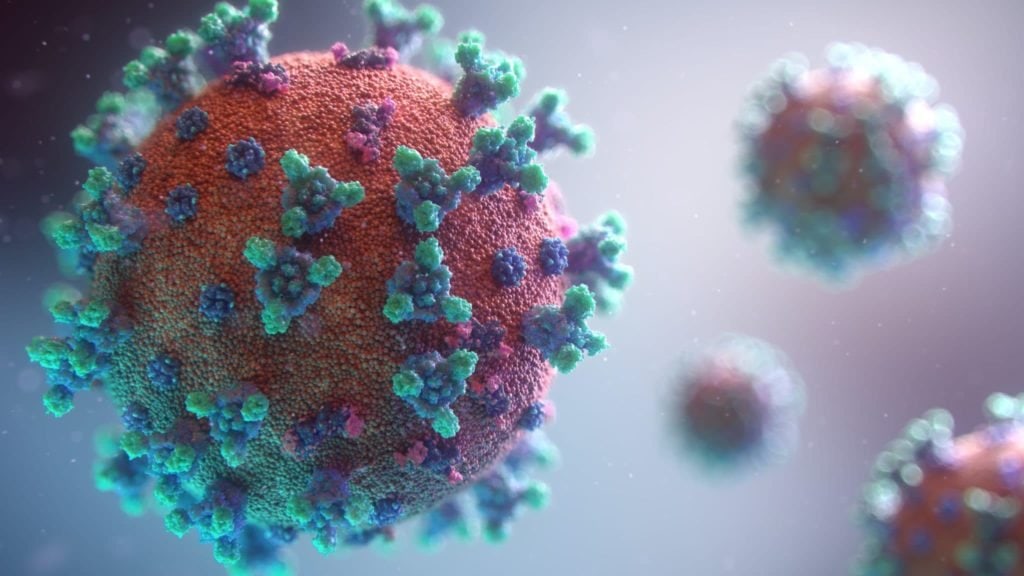
The SARS-CoV-2 virus contains a spike protein on its surface. If you’ve seen images of the coronavirus, it is the sun-like protrusions often pictured on the outside of the virus.
During a natural infection, spike proteins play a key role in helping the virus enter the cells of your body. A region of the protein, known as the S2, fuses the viral envelope to your cell membrane. The S2 region also allows for the coronavirus spike protein to be easily detected by the immune system, which then makes antibodies to target and bind the virus.
Spike proteins are also produced by your body after taking a Covid-19 jab, and they function similarly in that they are able to fuse to cell membranes. In addition, since they are made in your own cells, your cells are then targeted by your immune system in an effort to destroy the spike protein. Thus, your immune system’s response to spike proteins can damage your body’s cells.
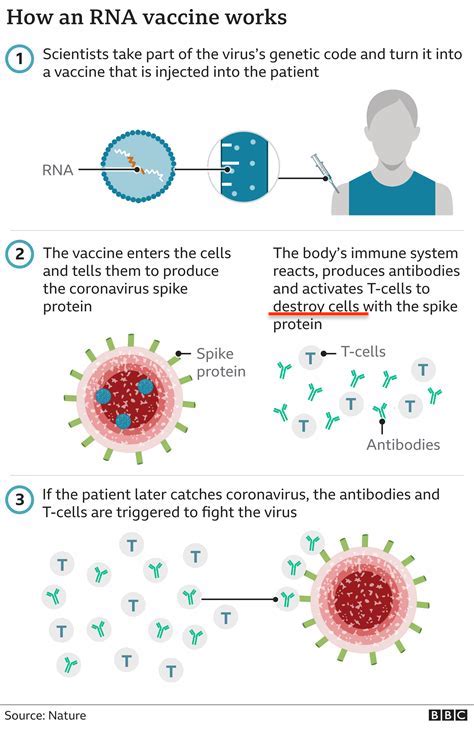
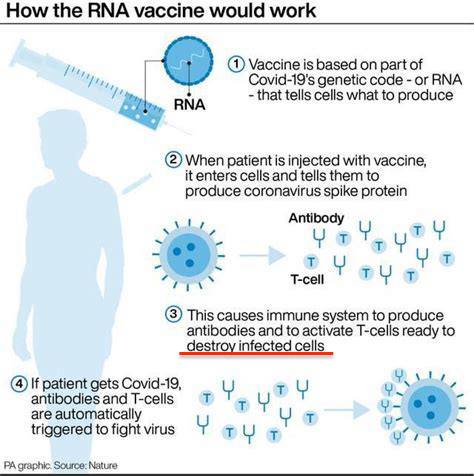
Emerging evidence is also showing that in the nucleus of our cells the spike protein impairs our cells’ ability to repair DNA.
Why should I consider a spike protein detox?
The spike protein from a natural infection or a Covid vaccine causes damage to our body’s cells, so it is important to take action to detoxify from it as best as we are able.
The spike protein is a highly toxic part of the virus, and research has linked the vaccine-induced spike protein to toxic effects. Spike protein research is ongoing.
The virus spike protein has been linked to adverse effects, such as: blood clots, brain fog, organising pneumonia, and myocarditis. It is probably responsible for many of the Covid-19 vaccine side effects discussed in the WCH post-injection guide.
A Japanese biodistribution study for the Pfizer vaccine found that, in the 48 hours post-vaccination, vaccine particles had travelled to various tissues throughout the body and did not stay at the injection site, with high concentrations found at the liver, bone marrow, and ovaries.
Emerging evidence on spikopathy suggests that effects related to inflammation and clotting may occur in any tissue in which the spike protein accumulates. In addition, peer-reviewed studies in mice have found that the spike protein is capable of crossing the blood-brain barrier. Thus, in humans it could potentially lead to neurological damage if it is not cleared from the body.
How to reduce your spike protein load
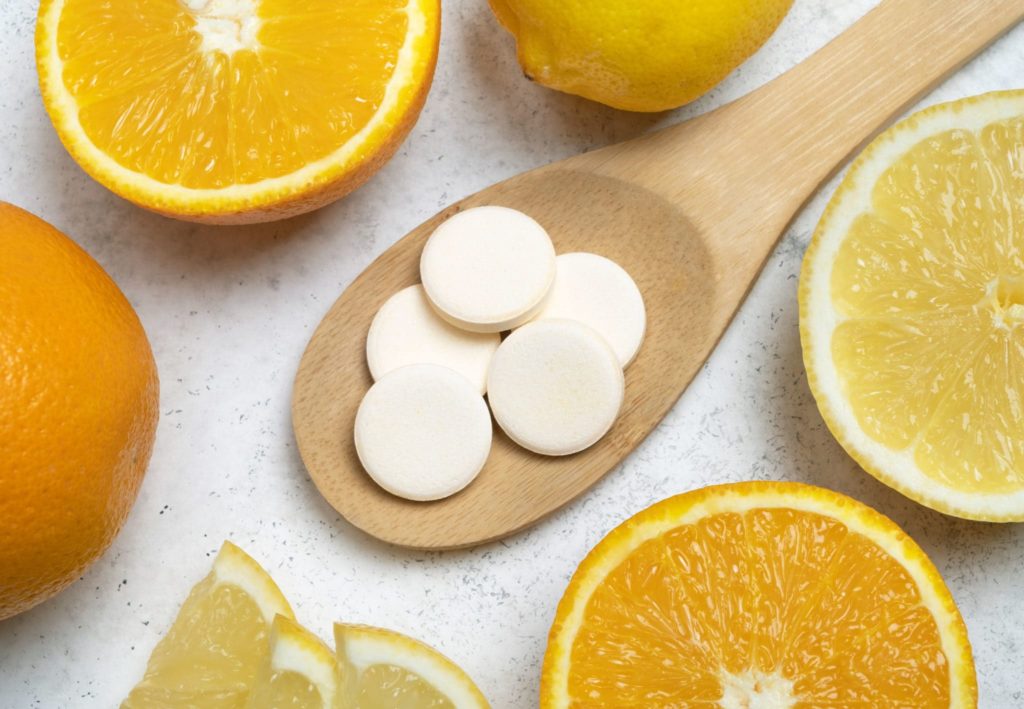
Supporting people with Long Covid and post-vaccine illness is a new and emerging field of health research and practice. The following lists contain substances that may be useful. This list has been compiled by international doctors and holistic practitioners with diverse experiences in helping people recover from Covid-19 and post-injection illness.
Luckily, there are a host of easily attainable, natural solutions to reduce your body’s spike protein load.
Some “Protein Binding Inhibitors” inhibit the binding of the spike protein to human cells, while others neutralize the spike protein so that it can no longer cause damage to human cells.
Spike Protein Inhibitors: Prunella vulgaris, pine needles, emodin, neem, dandelion leaf extract, ivermectin
Spike Protein Neutralizers: N-acetylcysteine (NAC), glutathione, fennel tea, star anise tea, pine needle tea, St. John’s wort, comfrey leaf, vitamin C
- Ivermectin has been shown to bind to the spike protein, potentially rendering it ineffective in binding to the cell membrane.
- Several plants found in nature, including pine needles, fennel, star anise, St. John’s wort, and comfrey leaf, contain a substance called shikimic acid, which may help to neutralize the spike protein. Shikimic acid may help to reduce several possible damaging effects of the spike protein, and is believed to counteract blood clot formation.
- Regular oral doses of vitamin C are useful in neutralizing any toxin.
- Pine needle tea has powerful antioxidant effects and contain high concentrations of vitamin C.
- Nattokinase (see Table 1), an enzyme derived from the Japanese soybean dish ‘Natto’, is a natural substance whose properties may help to reduce the occurrence of blood clots.
What is the ACE2 receptor?
The ACE2 receptor is located in the cell wall, in lung and blood vessel linings, and in platelets. Spike protein attaches to ACE2 receptors.
It has been proposed that large concentrations of spike protein may bind to our ACE2 receptors and effectively ‘sit there’, blocking the regular functioning of these receptors in various tissues. The disruption of these receptors has been associated with a multitude of adverse effects through altered tissue functioning.
- If spike proteins bind to the cell wall and ‘stay put’, they could trigger the immune system to attack healthy cells and possibly trigger autoimmune disease.
- The spike protein could attach to ACE2 receptors located on blood platelets and the endothelial cells lining the blood vessels, which may lead to abnormal bleeding or clotting, both of which are linked to Vaccine-induced Thrombotic Thrombocytopenia (VITT)
How to detox your ACE2 receptors
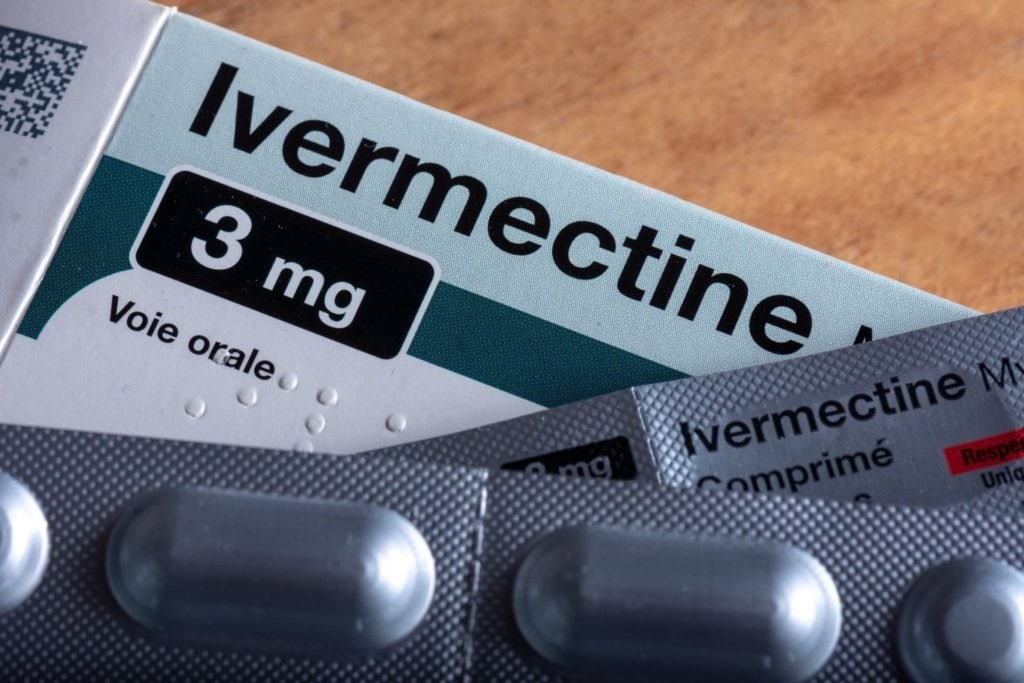
Substances that naturally protect the ACE2 receptors:
- Ivermectin
- Hydroxychloroquine (with zinc)
- Quercetin (with zinc)
- Fisetin
Evidence suggests the binding of ivermectin to the ACE2 receptor prevents the spike protein from binding with it instead.
What is Interleukin-6?
Interleukin 6, or IL-6, is a primarily pro-inflammatory cytokine protein. This means it is naturally produced by the body in response to infection or tissue damage and initiates the inflammatory response.
Why target IL-6?
Some natural substances help the post-jab detoxification process by targeting Interleukin 6.
Scientific evidence shows that cytokines such as IL-6, are found in far higher levels among those infected with Covid when compared to uninfected individuals.
IL-6 has been used as a biomarker for Covid progression. Increased levels of IL-6 have been found in patients with respiratory dysfunction. Meta-analysis has revealed a reliable relationship between IL-6 levels and covid severity. IL-6 levels have been inversely related with T-cell count in ICU patients.
Pro-inflammatory cytokines such as IL-6 are also expressed post-vaccination, and studies suggest that they may reach the brain.
Il-6 inhibitors have in fact been recommended by the WHO for severe Covid cases, for which they have been described as life-saving.
How to detox from IL-6

The following lists of natural substances, including several basic anti-inflammatory food supplements, can be used to prevent the adverse effects of IL-6 by inhibiting its action.
IL-6 Inhibitors (anti-inflammatories): Boswellia serrata (frankincense) and dandelion leaf extract
Other IL-6 inhibitors: Black cumin (Nigella sativa), curcumin, fish oil and other fatty acids, cinnamon, fisetin (flavonoid), apigenin, quercetin (flavonoid), resveratrol, luteolin, vitamin D3 (with vitamin K2), zinc, magnesium, jasmine tea, spices, bay leaves, black pepper, nutmeg, and sage
- Several natural, plant-based substances are used in antiviral therapy. The plant pigment quercetin has been shown to display a broad range of anti-inflammatory and antiviral effects.
- Zinc has been shown to work as a potent antioxidant, which protects the body from oxidative stress, a process associated with DNA damage, excess inflammation, and other damaging effects.
What is furin?
Furin is an enzyme, which cleaves proteins and makes them biologically activate.
Why target furin?
Furin has been shown to separate the spike protein and thus allow the virus to enter human cells.
A furin cleavage site is present on the Covid spike protein, which is thought to make the virus more infectious and transmissible.
Furin inhibitors work by preventing cleavage of the spike protein.
How to detox from furin
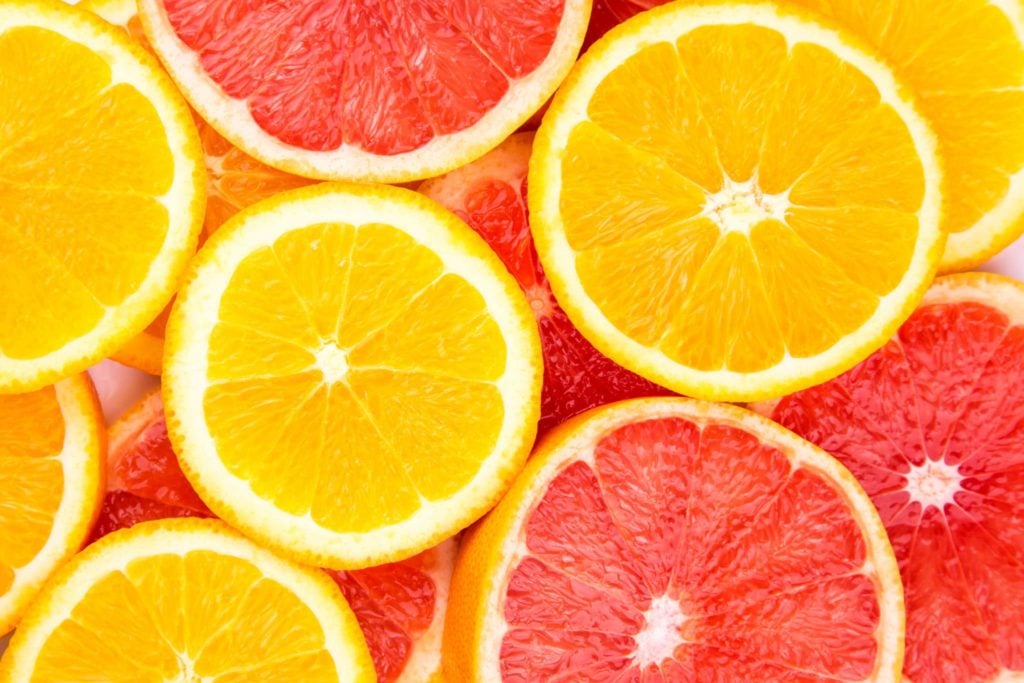
Substances that naturally inhibit furin:
- Rutin
- Limonene
- Baicalein
- Hesperidin
What is serine protease?
Serine protease is an enzyme.
Why target serine protease?
Inhibiting serine protease can prevent spike protein activation and also reduce viral entry to cells, hence reducing infection rate as well as severity.
How to detox from serine protease
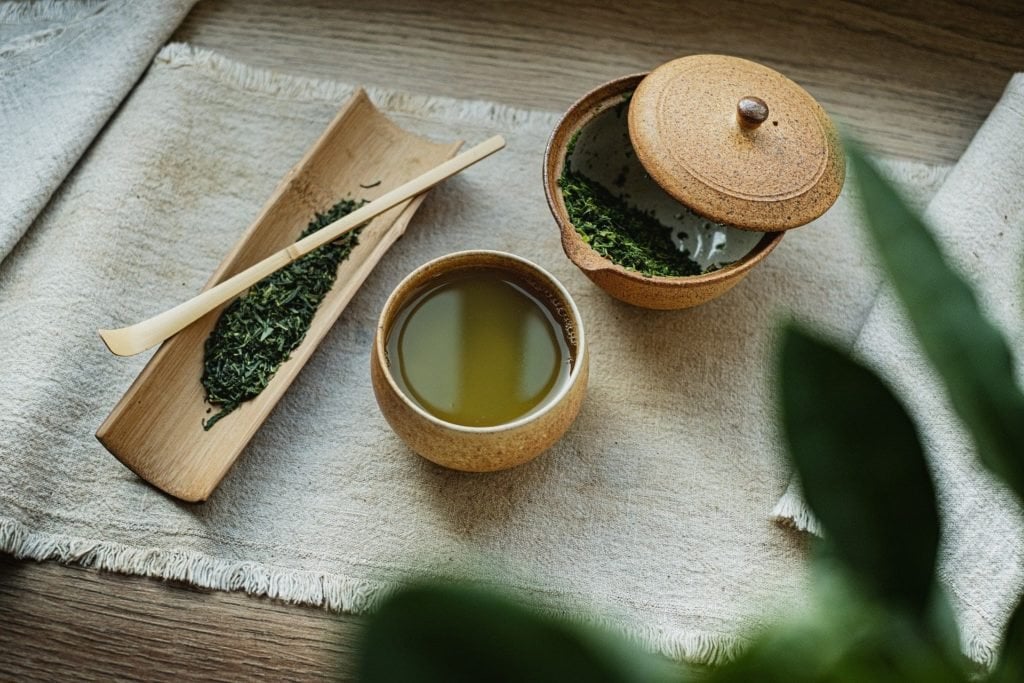
Substances that naturally inhibit serine protease and may help to reduce spike protein levels in the body:
- Green tea
- Potato tubers
- Blue green algae
- Soybeans
- N-Acetyl Cysteine (NAC)
- Boswellia (frankincense)
What to Take? How much to take? Where does it come from? Where to get it?
Table 1. Medicines and supplements that can be considered
| Substance | Natural Source(s) | Where to Get | Recommended Dose |
| Ivermectin | Soil bacteria (avermectin) | On prescription | 0.4mg/kg weekly for 4 weeks If symptomatic, refer to the FLCCC I-Recover Protocol *Check package instructions to determine if there are contraindications prior to use |
| Hydroxychloroquine | On prescription | 200mg weekly for 4 weeks *Check package instructions to determine if there are contraindications prior to use | |
| Vitamin C | Citrus fruits (e.g. oranges) and vegetables (broccoli, cauliflower, brussel sprouts) | Supplement: health food stores, pharmacies, dietary supplement stores, online | 6-12g daily (divided evenly between sodium ascorbate (several grams), liposomal vitamin C (3-6g) & ascorbyl palmitate (1 – 3g) |
| Prunella Vulgaris (commonly known as self-heal) | Self-heal plant | Supplement: health food stores, pharmacies, dietary supplement stores, online | 7 ounces (207ml) daily |
| Pine Needles | Pine tree | Supplement: health food stores, pharmacies, dietary supplement stores, online | Consume tea 3 x daily (consume oil/resin that accumulates in the tea also) |
| Neem | Neem tree | Supplement: health food stores, pharmacies, dietary supplement stores, online | As per your practitioner’s or preparation instructions |
| Dandelion Leaf Extract | Dandelion plant | Supplement (dandelion tea, dandelion coffee, leaf tincture): natural food stores, pharmacies, dietary supplement stores, online | Tincture as per your practitioner’s or preparation instructions |
| N-Acetyl Cysteine (NAC) | High-protein foods (beans, lentils, spinach, bananas, salmon, tuna) | Supplement: health food stores, pharmacies, dietary supplement stores, online | Up to 1200mg daily (in divided doses) |
| Fennel Tea | Fennel plant | Supplement: health food stores, pharmacies, dietary supplement stores, online | No upper limit. Start with 1 cup and monitor body’s reaction. |
| Star Anise Tea | Chinese evergreen tree (Illicium verum) | Supplement: health food stores, pharmacies, dietary supplement stores, online | No upper limit. Start with 1 cup and monitor body’s reaction. |
| St John’s Wort | St John’s wort plant | Supplement: health food stores, pharmacies, dietary supplement stores, online | As directed on supplement |
| Comfrey Leaf | Symphytum plant genus | Supplement: health food stores, pharmacies, dietary supplement stores, online | As directed on supplement |
| Nattokinase | Natto (Japanese soybean dish) | Supplement: health food stores, pharmacies, dietary supplement stores, online | As directed on supplement |
| Boswellia serrata | Boswellia serrata tree | Supplement: health food stores, pharmacies, dietary supplement stores, online | As directed on supplement |
| Black Cumin (Nigella Sativa) | Buttercup plant family | Grocery stores, health food stores | |
| Curcumin | Turmeric | Grocery stores, health food stores | |
| Fish Oil | Fatty/oily fish | Grocery stores, health food stores | Up to 2000mg daily |
| Cinnamon | Cinnamomum tree genus | Grocery store | |
| Fisetin (Flavonoid) | Fruits: strawberries, apples, mangoes Vegetables: onions, nuts, wine | Supplement: health food stores, pharmacies, dietary supplement stores, online | Up to 100mg daily (Consume with fats) |
| Apigenin | Fruits, veg & herbs parsley, chamomile, vine-spinach, celery, artichokes, oregano | Supplement: health food stores, pharmacies, dietary supplement stores, online | 50mg daily |
| Quercetin (Flavonoid) | Citrus fruits, onions, parsley, red wine | Supplement: health food stores, pharmacies, dietary supplement stores, online | Up to 500mg twice daily, Consume with Zinc |
| Resveratrol | Peanuts, grapes, wine, blueberries, cocoa | Supplement: health food stores, pharmacies, dietary supplement stores, online | Up to 1500mg daily for up to 3 months |
| Luteolin | Vegetables: celery, parsley, onion leaves Fruits: apple skins, chrysanthemum flowers | Supplement: health food stores, pharmacies, dietary supplement stores, online | 100-300mg daily (Typical manufacturer recommendations) |
| Vitamin D3 | Fatty fish, fish liver oils | Supplement: health food stores, pharmacies, dietary supplement stores, online | 5000 – 10,000 IU daily |
| Vitamin K | Green leafy vegetables | Supplement: health food stores, pharmacies, dietary supplement stores, online | 90-120mcg daily (90 for women, 120 for men) |
| Zinc | Red meat, poultry, oysters, whole grains, milk products | Supplement: health food stores, pharmacies, dietary supplement stores, online | 11-40mg daily |
| Magnesium | Greens, whole grains, nuts | Supplement: health food stores, pharmacies, dietary supplement stores, online | Up to 350mg daily |
| Jasmine Tea | Leaves of common jasmine or Sampaguita plants | Grocery store, health food stores | Up to 8 cups per day |
| Spices | Grocery store | ||
| Bay Leaves | Bay leaf plants | Grocery store | |
| Black Pepper | Piper nigrum plant | Grocery store | |
| Nutmeg | Myristica fragrans tree seed | Grocery store | |
| Sage | Sage plant | Grocery store | |
| Rutin | Buckwheat, asparagus, apricots, cherries, black tea, green tea, elderflower tea | Supplement: health food stores, pharmacies, dietary supplement stores, online | 500-4000mg daily (consult healthcare provider before taking higher-end doses) |
| Limonene | Rind of citrus fruits such as lemons, oranges, and limes | Supplement: health food stores, pharmacies, dietary supplement stores, online | Up to 2000mg daily |
| Baicalein | Scutellaria plant genus | Supplement: health food stores, pharmacies, dietary supplement stores, online | 100-2800mg |
| Hesperidin | Citrus fruit | Supplement: health food stores, pharmacies, dietary supplement stores, online | Up to 150mg twice daily |
| Green Tea | Camellia sinensis plant leaves | Grocery store | Up to 8 cups of tea a day or as directed on supplement |
| Potatoes tubers | Potatoes | Grocery store | |
| Blue Green Algae | Cyanobacteria | Supplement: health food stores, pharmacies, dietary supplement stores, online | 1-10 grams daily |
| Andrographis Paniculata | Green chiretta plant | Supplement: health food stores, pharmacies, dietary supplement stores, online | 400mg x 2 daily *Check for contradictions |
| Milk Thistle Extract | Silymarin | Supplement; Health food stores, pharmacies, dietary supplement stores, online | 200mg x 3 daily |
| Soybeans (organic) | Soybeans | Grocery store, health food stores |
Most of these items are easily accessible in local grocery stores or as nutritional supplements in health food stores.
Note: This list is not comprehensive and other substances, such as serrapeptase and CBD oil, have also been suggested. The World Council for Health will continue to update this spike protein detox document as new information emerges.
Some holistic practitioners also recommend substances to cleanse the body of metals after vaccination, such as zeolite and activated charcoal. The WCH will prepare guidance on how to detox from metals in due course.
Top ten spike protein detox essentials:
- Vitamin D
- Vitamin C
- NAC (N-acetylcysteine)
- Ivermectin
- Nigella seed
- Quercetin
- Zinc
- Magnesium
- Curcumin
- Milk thistle extract
For more information and specific protocols, here are a few websites that may be of interest:
Click here to download a PDF guide from Caring Healthcare Workers Coalition.
No comments:
Post a Comment